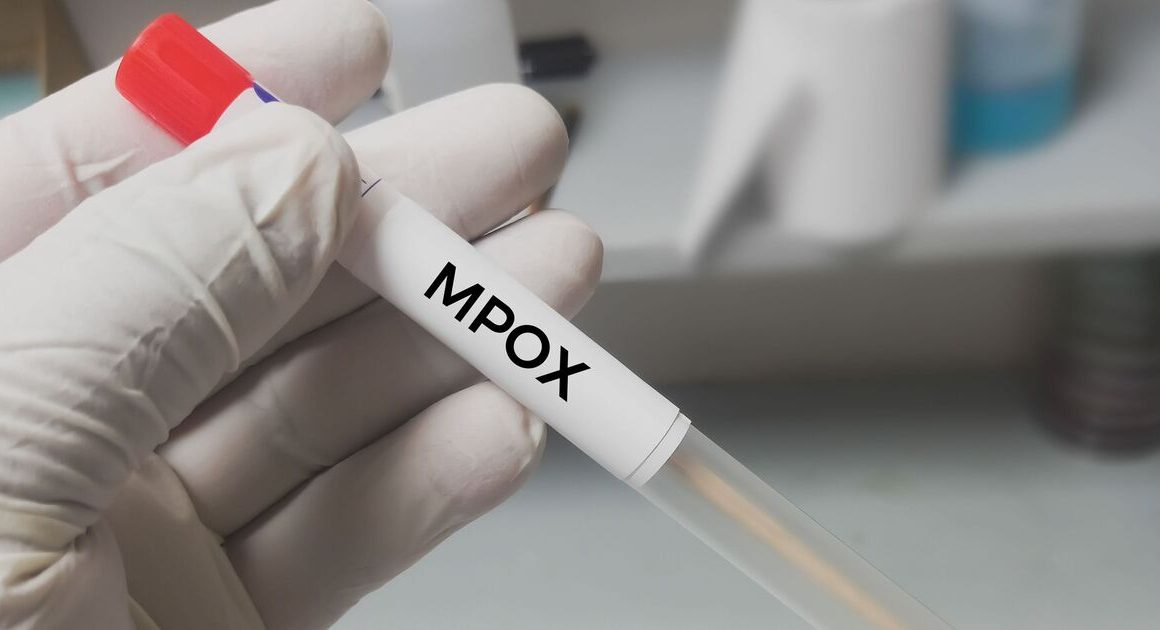Eggs often have a long shelf life but if stored incorrectly it can lead to them developing harmful bacteria which can make you ill or cause them to spoil before their best-before date.
No one wants the horrid smell of rotting eggs in their kitchen, but it is often debated where to store eggs to keep them fresh as most Britons keep them on the countertop while most Americans store them in the fridge.
Rebecca McLeod, a pastry chef and founder of Bec’s Table, has shared that the key to keeping eggs fresh and bacteria-free is to store them at the same constant temperature, but it is better to keep them in a fridge.
She said: “If they were in the fridge at the store, keep them refrigerated at home. If they were on a shelf at the store, leave them out at home (unless your kitchen is particularly warm) and use them more quickly.
“In a nutshell, it’s best to store supermarket eggs in the fridge once you get home, just to be safe.”
Where is the best place to store eggs in the kitchen?
Eggs need to be kept at the same temperature as they can harbour bacteria, most notably salmonella, and any temperature fluctuation will cause condensation to form on the shell.
Any moisture on the shell makes it easier for bacteria to penetrate the shell and multiply within the egg which will cause contamination.
While you can store eggs on either the kitchen counter or in the fridge, eggs need to be kept at a cool temperature so it is often best to keep them in the fridge, especially during summer.
Rebecca said: “I keep eggs on the counter during winter at the cooking school where I teach. When purchasing between 120 and 150 eggs at a time, cramming them into the fridge is unnecessary, as they’d take up valuable space.
“However, I store my eggs in the fridge during summer to maintain their freshness.”
How to store eggs in the fridge
Make sure to store eggs on a shelf in the middle of your fridge and do not place them inside the fridge door, as the temperature change from the door opening and closing will cause condensation.
It is also important to store eggs in the carton they come in from the supermarket as it has been designed to protect the eggs from bacteria.
Do not store eggs in an egg caddy as despite their popularity a caddy will not be able to protect the egg.
Rebecca said: “Egg cartons are also designed to minimise water loss from the eggs and prevent cross-contamination of unwanted flavours from other foods lurking in your fridge. No wonder the industry has long stuck with this classic carton design!”
How to tell if an egg is fresh
If stored properly at a cool temperature in the fridge, eggs will keep fresh for up to six weeks longer but if you are worried it may have spoiled then try the glass test.
All you have to do is place the egg in a half-filled glass of water. If the egg floats, throw it out as it is rotten but if it sinks to the bottom then it is still good to eat.
Rebecca said: “When handling eggs, always exercise caution. If I pick up an egg with a visible crack and signs of leakage, I toss it.
If it has a fine hairline crack, I’ll either perform the glass test or discard it. I don’t take any unnecessary risks in my kitchen. Remember the adage: “When in doubt, throw it out.”










